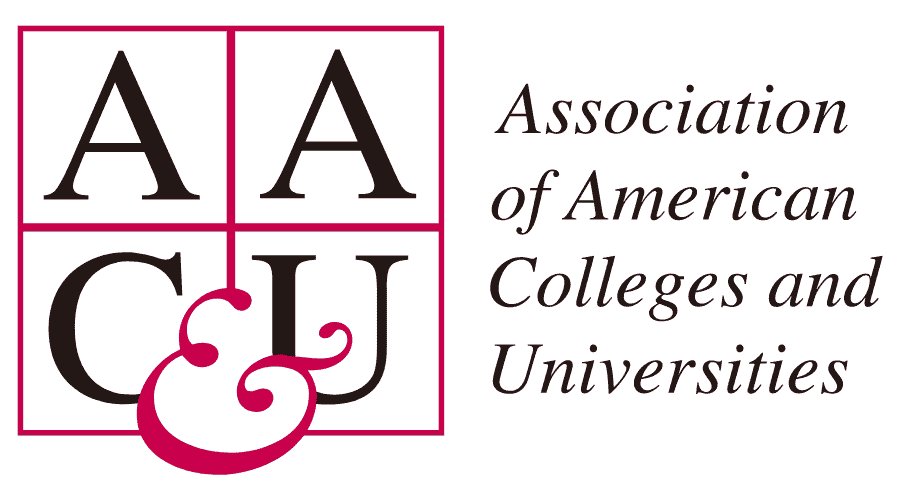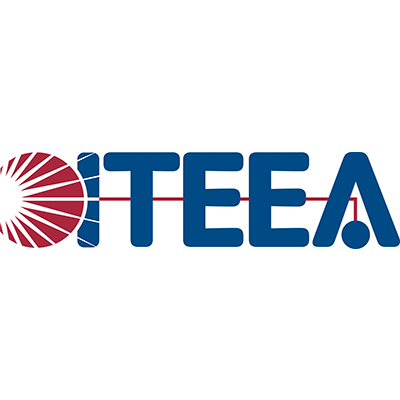UNESCO brings together Information Literacy and Media Literacy, along with ICT and Digital Literacy, as a new literacy construct that helps to empower people, communities and nations to participate in, and contribute to, global knowledge societies. This document provides a conceptual and theoretical framework for MIL, and introduces the rationale and methodology for conducting an assessment of country readiness and existing competencies on MIL at the national level. It also includes practical steps for adaptation of its recommendations at the national level.





